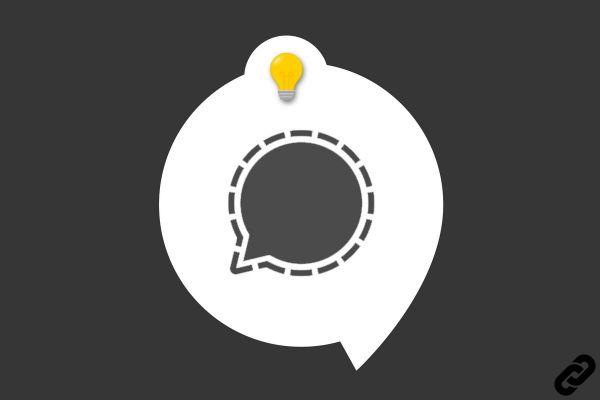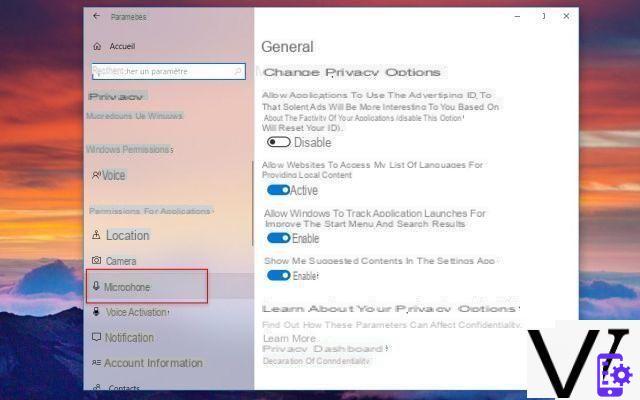
How has privacy changed throughout history?
When did people start paying attention to the privacy of people? And how has the very concept of privacy changed over time?
Privacy: a definition (and its evolution)
Before we find out how privacy has changed, we need to define it.
Nowadays the English term is almost exclusively adopted, but the two irreproachable equivalents in the Italian language - confidentiality and (even better) privacy - help us to understand what it is about.
Privacy is the area of an individual's personal, private life, which constitutes a right and must therefore be respected and protected..
Ma the very concept of privacy has changed. If once it referred only to the private sphere of the person, with the ever faster technological evolution of recent decades it must now also refer to the right to control one's personal data.
Currently, the term privacy is almost exclusively used to indicate the right of each person to check that information concerning his or her person is processed only in case of need.
Being a definition of a legal area, we remind you (without dwelling on the subject) that in reality the right to privacy is not exactly superimposable to the right to the protection of personal data, nor should it be confused with the right to secrecy.

The origin of privacy
Rather than talking about the origin of privacy, which probably originated with man, it is correct to identify where the topic began to be discussed.
We must then go back to ancient Greece, where several philosophical treaties refer to the right to privacy.
A very important first division belongs to Aristotle: the one between Polis and Oikos, or city and home. But not only that: with Polis we also mean the public sphere of action, participation in the community as a citizen, while with Oikos everything related to the domestic sphere.
The birth of modern privacy
However, it is necessary to wait for the feudal age to find a concept of privacy similar to the current one.
It is then, in fact, that the bourgeois class is born, it is with it a need for intimacy that was not previously perceived as so urgent. Stefano Rodotà writes in Technologies and rights: "The possibility of fully enjoying one's intimacy is a differential connotation of the bourgeoisie compared to other classes: and the strong individualistic component means that that operation is then translated into an instrument of isolation of the individual bourgeois within its own class ”.
With feudalism and the formation of absolute states, attention to the private sphere grows, but privacy will have its consecration (also juridical) after the end of feudalism and with the affirmation of the bourgeoisie.
How privacy has changed: a pivotal date
In 1890 two US lawyers, Warren and Brandeis, published the first article on the right to privacy in the Harvard Law Review.. The text is titled The right or privacy and talks about "the right to be let alone", ie the "right to be left alone".
That of the two lawyers is a reaction to the rather indiscriminate diffusion in the newspapers of the time of articles, and above all of photographs, which concern (or portray) individual citizens.
Thus begins the legal protection of that space of inviolable autonomy which takes the name of private life. And it is also worth noting the distinction between the defense of one's privacy (privacy, of US origin) and the protection of personal data, of European origin.
Towards the present
In Europe, we said, for a good part of the twentieth century we still talk about the protection of personal data. From who? From the state.
This is what emerges from thearticle 2 of the Italian Constitution, of 1947. The first part of which reads: "The Republic recognizes and guarantees the inviolable rights of man, both as an individual and in the social formations where his personality takes place".
This is echoed by Article 8 of the European Convention on Human Rights (ECHR) of 1950, on the "Right to respect for private and family life".
Before the Internet
In the second half of the twentieth century the rules on personal data multiplied.
The first date to remember is 1975, when our Court of Cassation also adjusts to Europe by affirming the existence of a right to privacy.
In 1978, Federal Germany enacted the first national law for the protection of personal data. And in 1981 the Council of Europe adopted Convention 108, one of the most important legal tools for the protection of individuals with respect to the automated processing of personal data.
We are in the early XNUMXs, and computers are starting to enter our homes.

The European Union and the digital turning point
In 1992 the Maastricht Treaty was signed and the European Union was launched. The Schengen area was also born, that is the system of free movement of people and goods.
Hence the need for a framework regulation at European level on the protection of personal data. Thus Directive 46 of 1995 was adopted, replaced in 2007 by the Lisbon Treaty.
Towards the GDPR
In the meantime, in 1996, Italy established the figure of the guarantor for the protection of personal data, which was then extended in 2000 to the whole of the EU with the Charter of Fundamental Rights of the European Union.
The adoption of the GDPR is reached in 2016, the General Data Protection Regulation, which has a twofold objective. The first is to strengthen the protection of the personal data of EU citizens and residents, both inside and outside the borders of the Union. The other is to simplify and standardize privacy legislation in the European Union.
Discount The processing of personal data and privacy
The processing of personal data and privacy
- Locoratolo, Beatrice (Author)
How privacy has changed today
Today technology is running, and our privacy is increasingly besieged (and in ever new ways). Think of the daily exposure of our personal data at every access to the Internet, even if only for a contactless payment. Or the often invasive role of social media or artificial intelligence.
For this the European Union is trying to introduce regulations in step with the times. One of all, the proposed regulation on artificial intelligence that the European Commission presented on April 26th.


























